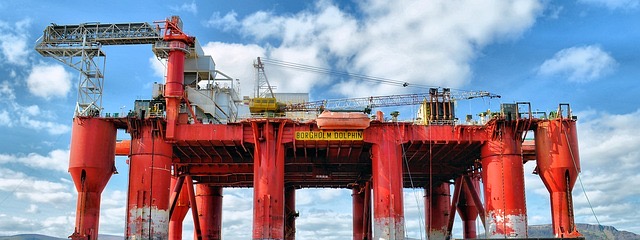China has announced the discovery of a massive offshore oil reserve in the South China Sea, sparking both national pride and international environmental concerns. The field, named Huizhou 19-6, holds an estimated 100 million metric tons of crude oil and natural gas reserves.
Located about 170 kilometers southeast of Shenzhen, the site lies beneath waters approximately 100 meters deep. According to officials, the well is already producing over 400 barrels of oil and tens of thousands of cubic meters of gas per day during testing phases.
While the find strengthens China’s energy independence, environmental groups are sounding the alarm. Experts warn that deep-sea drilling in such sensitive marine ecosystems increases the risk of oil spills, chemical leaks, and long-term damage to biodiversity.
The discovery also reignites debate over China’s climate goals. The country has pledged to reach carbon neutrality by 2060, but expanding fossil fuel extraction projects casts doubt on its ability to transition toward renewable energy.
Critics argue that such developments contradict global efforts to phase out oil dependency. They also point out that continued offshore exploration delays investment in cleaner energy technologies, prolonging the world’s reliance on carbon-intensive sources.
Despite the concerns, the Huizhou 19-6 field is expected to play a strategic role in China’s domestic energy portfolio and reduce the country’s dependence on foreign oil in the coming decades.




